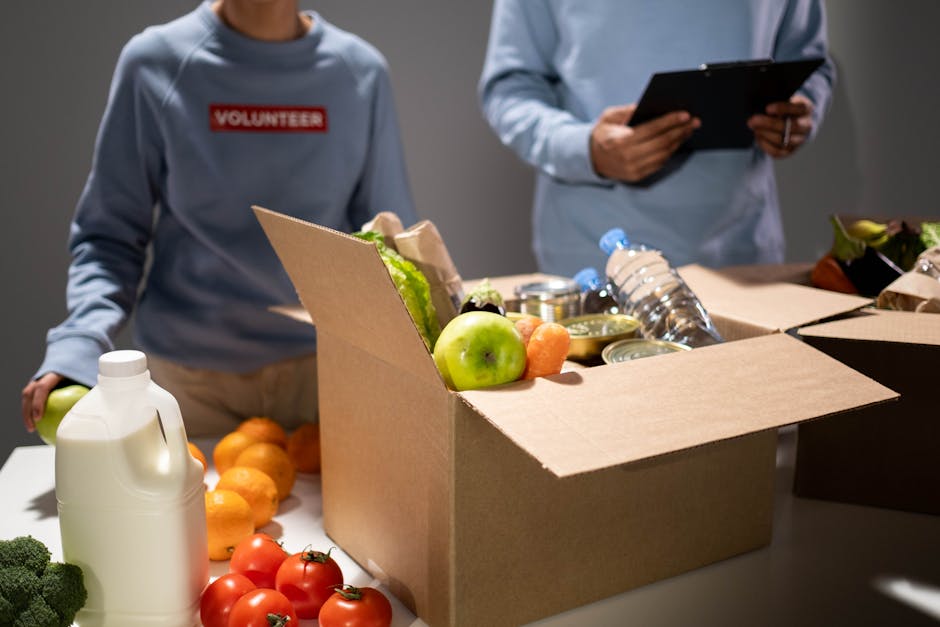**
In a rapidly changing world, the topic of 미래 식량 안보와 대체식품 is gaining unprecedented attention. As global populations swell and environmental concerns mount, the quest for sustainable food sources becomes ever more critical. But how will we feed future generations while preserving our planet? The answer lies in the exploration of alternative foods and innovative agricultural practices.
식량안보란 무엇인가?
Before delving into the realm of alternative foods, it’s crucial to understand the concept of 식량안보. Food security means ensuring that all people have access to sufficient, safe, and nutritious food to maintain a healthy lifestyle at all times. With challenges like climate change, geopolitical tensions, and economic instability, achieving true food security requires rethinking our current food systems.
현재의 식량안보 문제
Our current food systems face numerous challenges:
- Increasing demand due to population growth
- Environmental degradation and resource depletion
- Supply chain disruptions and food waste
- Economic disparities affecting food access
대체식품의 필요성
The introduction of 대체식품 is not just about diversifying our diets; it’s about creating a resilient food system. These alternatives play a vital role in addressing food security by reducing dependency on traditional agriculture, which is often resource-intensive.

대체식품의 종류는 무엇이 있을까?
Several innovative alternatives are making waves in the food industry:
- 식물성고기 (Plant-Based Meats): These products mimic the taste and texture of meat without the environmental burden.
- 배양육 (Cultured Meat): Lab-grown meat offers a solution to reduce animal farming and its associated impacts.
- 대체단백질 (Alternative Proteins): From insects to algae, these proteins provide nutritious options with a smaller carbon footprint.
지속가능농업의 역할
To achieve 미래식량 security, we must embrace 지속가능농업 practices. Sustainable agriculture aims to meet current food needs without compromising future generations’ ability to do the same.
지속가능농업을 통한 혁신
Key innovations include:
- 유기농업 (Organic Farming): Reducing chemical use and promoting biodiversity
- 수직농업 (Vertical Farming): Maximizing space and resources through indoor farming techniques
- 재생농업 (Regenerative Agriculture): Practices that restore soil health and enhance ecosystem services
푸드테크의 미래
The fusion of technology and food, known as 푸드테크, is revolutionizing how we produce and consume food. Innovations in this field are crucial for enhancing food security and sustainability.

푸드테크를 통한 식량 혁신
Exciting developments in food technology include:
- Precision farming using AI and IoT to optimize crop yields
- Biotechnology for developing nutrient-rich crops
- Blockchain for transparent and efficient supply chains
대체식품이 식량안보에 미치는 영향은?
By integrating 대체식품 into our diets, we can significantly reduce the strain on traditional food systems. These alternatives not only offer environmental benefits but also diversify our food sources, making us less vulnerable to disruptions.
경제적, 사회적 영향
Alternative foods also have broader impacts:

- They create new markets and opportunities for innovation.
- They help in addressing malnutrition and food poverty.
- They promote ethical food production and consumption.
결론: 지속 가능한 미래를 위한 우리의 역할
In conclusion, 미래 식량 안보와 대체식품 are intertwined in the journey towards a sustainable future. By embracing alternative foods and sustainable practices, we can ensure a resilient food system capable of supporting future generations. It’s time for individuals, communities, and governments to take proactive steps in this global endeavor.
What are your thoughts on alternative foods and sustainable agriculture? Share your comments below and spread the word by sharing this article!
